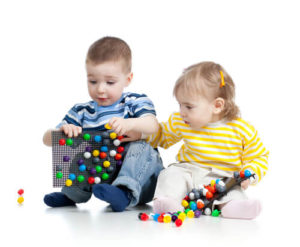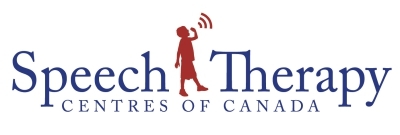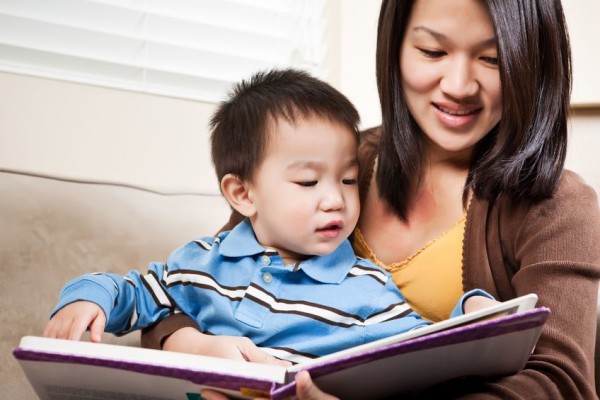
As parents, we want our children to succeed. From blowing bubbles to sitting up and from rolling over to first foods; each step of the way we watch and celebrate as a milestone is reached.
But sometimes, our kids need a little extra help.
Parents often find it difficult to determine if their child is speech delayed, or what milestones they should be reaching at their age.
We all know the story of “Cousin Johnny” who didn’t say a word at age two but suddenly found his voice and spoke in full sentences at age three. But is that the norm or is it a fluke?
“Speech therapy for toddlers and children is not uncommon,” explains Jeanette Podolsky, a Speech-Language Pathologist and the Clinical Director at The Speech Therapy Centres of Canada Ltd. “Knowing the milestones can help in early detection of a speech delay. All children are unique, and some need extra help in finding their own special path to discovering their voice.”
If you are unsure whether your child requires the assistance of a speech-language pathologist, below are a few key rules-of-thumb to help you answer that question:
At 12 months, your child should be able to:
- Anticipate events (e.g., a cup/bottle means getting a drink)
- Begin imitating sounds, words and actions
- Recognize his or her name
- Show interest in simple picture books
- Follow simple directions
- Point out objects of personal interest to an adult (like their favourite toy)
At 18 months, your child should be able to:
- Use at least 15 words
- Enjoy solitary play
- Have a limited sense of sharing
- Identify some body parts
- Ask simple questions such as “What’s that?”
- Pretend to feed a doll
- Recognize pictures when named
- Refer to himself or herself by name
At 2 years, your child should be able to:
- Follow simple directions
- Put toys away upon request
- Understand new words rapidly
- Have a vocabulary of 200-300 words
- Use two-word phrases such as “mommy up” or “baby sleep”
At 3 years, your child should be able to:
- Enjoy make-believe play
- Follow two step commands
- Have a 900–1000 word vocabulary
- Understand the difference between pictures and print
- Play in groups with other children
- Share toys for short periods of time
- Understand simple questions such as “Who?”, “What?”, “Where?” and “Why?”
At 4 years, your child should be able to:
- Ask a lot of questions • Categorize objects (e.g.: understand that an apple is a fruit, and a shirt is a piece of clothing)
- Use a 1500 word vocabulary
- Match some letters with the sounds they represent
- Play and take turns in playing with others
- Enjoy role playing
- Tell stories with a beginning and an end
- Use complex sentences
At 5 years, your child should be able to:
- Follow game rules
- Discuss feelings
- Follow three step commands
- Use proper grammar 90% of the time
- Use about 2000 words
- Show interest in group activities
- Understand the concepts of before and after
- Speak clearly 90-100% of the time
“Knowing what to look for can make a huge difference in a child’s language development,” explains Jeanette. “If you are concerned, ask your doctor, child’s teacher or caregiver. Or consult a speech-language therapist in your area.”
At the Speech Therapy Centres, we offer free parent workshops that will help you determine if your child requires help.”
From helping with sound development to sentence formation; speech therapy may be just what you child needs. Be proactive. Communication challenges should be addressed as soon as possible in a child’s life. For more information or to schedule an assessment for your child, call 905-886-5941 or visit speechtherapycentres.com

